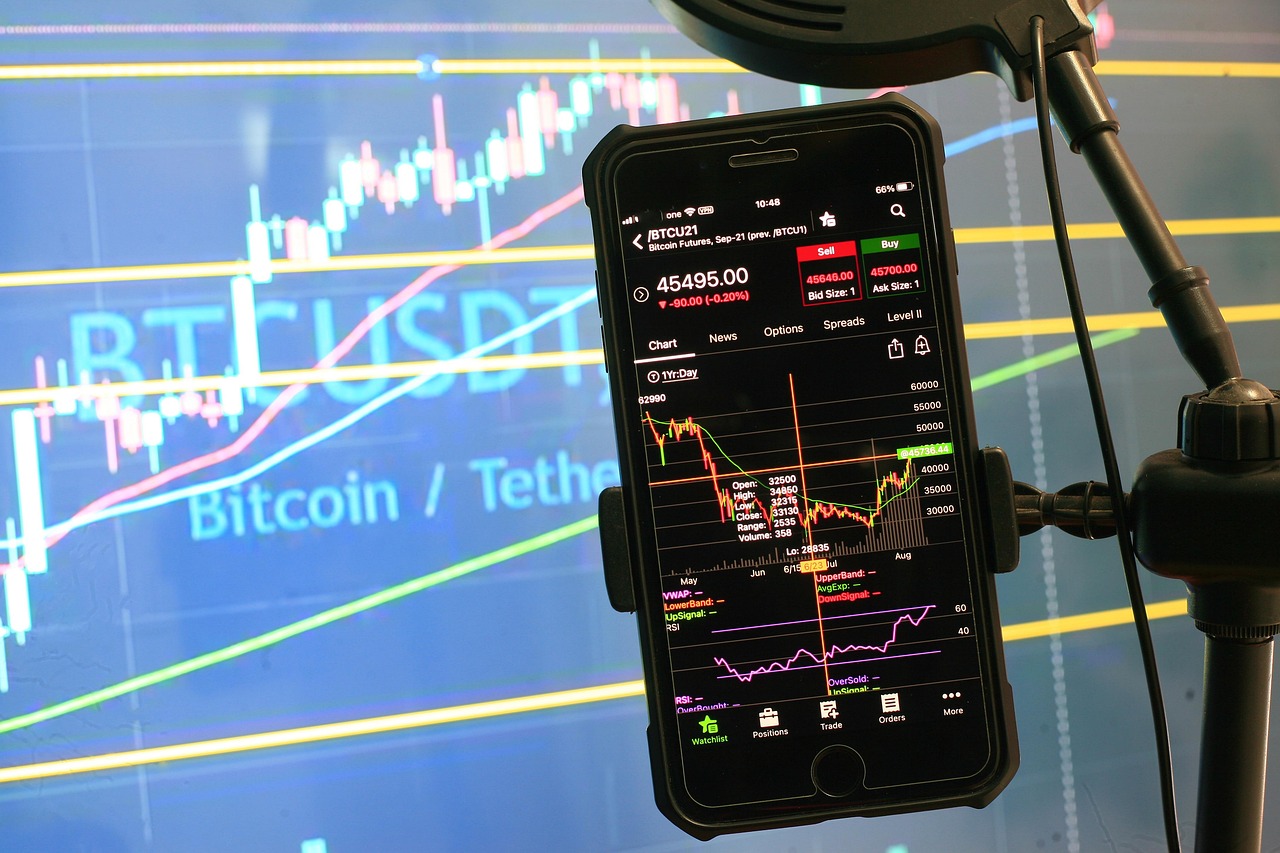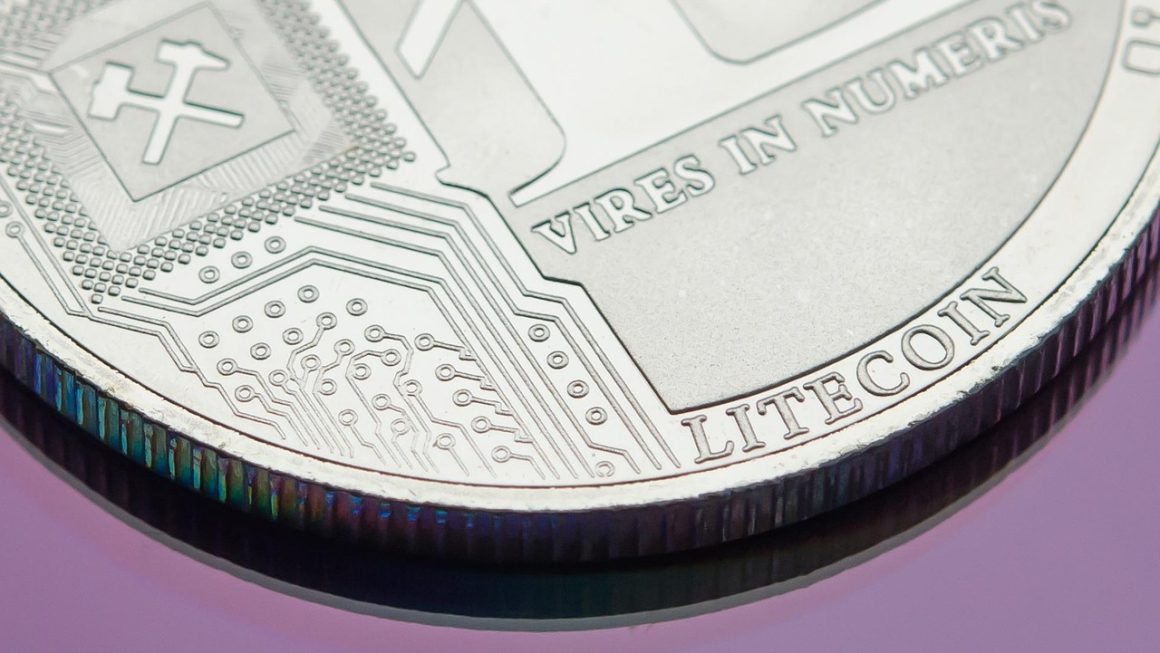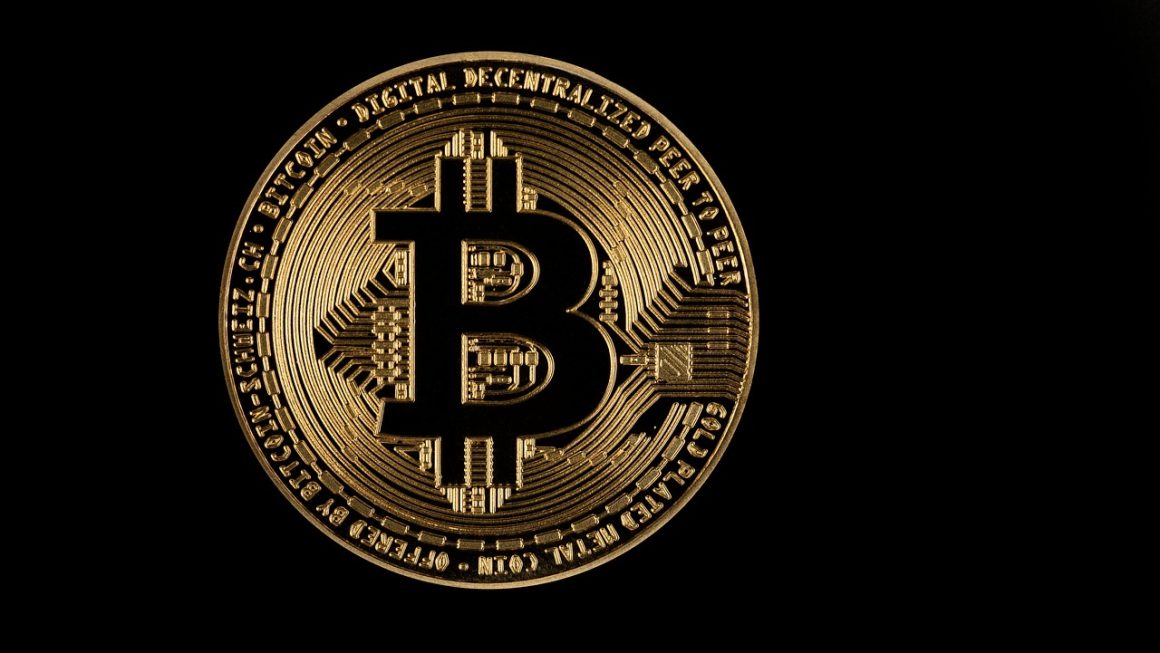Decentralized networks are revolutionizing the way we interact with the internet, offering alternatives to traditional centralized systems that are controlled by single entities. From blockchain technology to peer-to-peer file sharing, these networks are fostering greater transparency, security, and user autonomy. Understanding how they work and their potential impact is becoming increasingly important in today’s digital landscape.
What are Decentralized Networks?
Definition and Core Principles
Decentralized networks are systems where control and decision-making are distributed among multiple participants rather than being concentrated in a central authority. This distribution contrasts sharply with centralized networks, like traditional banks or social media platforms, where a single entity manages the entire system. Key principles of decentralized networks include:
- Distribution: Data and control are spread across many nodes.
- Transparency: Transactions and rules are often publicly auditable.
- Immutability: Once data is recorded, it’s difficult or impossible to alter.
- Autonomy: Participants have more control over their data and interactions.
- Resistance to Censorship: No single entity can easily censor or control the network.
Contrasting Centralized, Decentralized, and Distributed Networks
It’s crucial to distinguish between centralized, decentralized, and distributed networks:
- Centralized: A single entity controls the network (e.g., a traditional bank).
- Decentralized: Control is distributed among multiple independent entities (e.g., a blockchain network).
- Distributed: Tasks are divided among multiple machines working on the same problem, but control can still be centralized (e.g., a high-performance computing cluster). While decentralization often implies distribution, not all distributed systems are decentralized.
Examples of Decentralized Networks in Action
- Bitcoin: A cryptocurrency network where transactions are verified and recorded on a distributed ledger (blockchain) without central intermediaries.
- Ethereum: A platform for building decentralized applications (dApps) that run on a blockchain, enabling smart contracts and other functionalities.
- IPFS (InterPlanetary File System): A peer-to-peer protocol for storing and sharing files in a decentralized manner, providing content addressing and versioning.
- Mastodon: A decentralized social network alternative to platforms like Twitter, where users can host their own servers or join existing ones.
Benefits of Decentralized Networks
Enhanced Security and Resilience
Decentralization significantly improves security by eliminating a single point of failure.
- Reduced vulnerability to attacks: If one node is compromised, the network can continue operating.
- Improved data integrity: Data is replicated across multiple nodes, making it resistant to tampering.
- Increased resistance to censorship: Shutting down a decentralized network is difficult because there is no central server to target.
Increased Transparency and Trust
The distributed nature of decentralized networks promotes transparency and trust.
- Publicly auditable transactions: Blockchain networks, for instance, allow anyone to verify transactions.
- Smart contracts enforce agreements: Code automatically executes agreements without intermediaries.
- Open-source code: The code behind many decentralized networks is publicly available, allowing for scrutiny and improvement.
Greater User Autonomy and Control
Decentralized networks empower users by giving them more control over their data and interactions.
- Data ownership: Users own and control their data rather than relying on a central provider.
- Reduced reliance on intermediaries: Users can interact directly with each other, reducing transaction fees and delays.
- Increased privacy: Some decentralized networks offer enhanced privacy features, such as encryption and anonymity.
Democratization of Access and Opportunity
Decentralized networks can create more equitable access to services and opportunities.
- Financial inclusion: Decentralized finance (DeFi) can provide access to financial services for those who are unbanked or underbanked.
- Borderless transactions: Cryptocurrencies facilitate cross-border payments without traditional banking systems.
- Open-source development: Anyone can contribute to and benefit from decentralized technologies.
Challenges and Limitations
Scalability Issues
One of the biggest challenges facing decentralized networks is scalability.
- Transaction throughput limitations: Blockchain networks often struggle to process a high volume of transactions quickly.
- High transaction fees: Congestion can lead to increased transaction fees.
- Scalability solutions: Layer-2 solutions like the Lightning Network and sharding are being developed to address these issues.
Complexity and Usability
Decentralized technologies can be complex to understand and use.
- Steep learning curve: Understanding concepts like cryptography and consensus mechanisms can be challenging.
- Complex user interfaces: Many decentralized applications (dApps) have clunky and unintuitive interfaces.
- Importance of user education: Improved user education and simplified interfaces are crucial for wider adoption.
Regulatory Uncertainty
The regulatory landscape for decentralized networks is still evolving.
- Lack of clarity in many jurisdictions: Regulations vary widely from country to country.
- Potential for conflicting regulations: Existing regulations may not be well-suited to decentralized technologies.
- Importance of proactive engagement: Industry stakeholders need to engage with regulators to shape appropriate policies.
Security Risks
While decentralized networks offer security benefits, they are not immune to risks.
- Smart contract vulnerabilities: Smart contracts can contain bugs that can be exploited by attackers.
- 51% attacks: In proof-of-work blockchains, a single entity controlling more than 50% of the network’s mining power could potentially manipulate transactions.
- Phishing and scams: Users can be targeted by phishing attacks and other scams designed to steal their private keys or cryptocurrency.
The Future of Decentralized Networks
Expanding Use Cases
Decentralized networks are poised to transform various industries.
- Decentralized Finance (DeFi): Lending, borrowing, trading, and other financial services without traditional intermediaries.
- Non-Fungible Tokens (NFTs): Digital assets that represent ownership of unique items, such as artwork, collectibles, or virtual real estate.
- Decentralized Autonomous Organizations (DAOs): Organizations governed by smart contracts and token holders, enabling transparent and democratic decision-making.
- Supply Chain Management: Tracking and tracing goods throughout the supply chain using blockchain technology.
Technological Advancements
Continued innovation will drive the evolution of decentralized networks.
- Layer-2 solutions: Scaling solutions like the Lightning Network and sidechains will improve transaction throughput and reduce fees.
- Interoperability: Protocols that enable different blockchain networks to communicate and interact with each other will become increasingly important.
- Privacy-enhancing technologies: Technologies like zero-knowledge proofs and secure multi-party computation will enhance privacy on decentralized networks.
Impact on Society and Governance
Decentralized networks have the potential to reshape society and governance.
- Increased transparency and accountability: Blockchain technology can be used to track government spending and voting processes.
- Empowerment of marginalized communities: Decentralized technologies can provide access to financial services and other opportunities for those who are traditionally excluded.
- Challenges to traditional power structures: Decentralized networks can challenge the authority of centralized institutions and create new forms of governance.
Conclusion
Decentralized networks represent a significant paradigm shift in how we interact with the digital world. While challenges remain, the potential benefits of enhanced security, transparency, user autonomy, and democratization are substantial. As technology continues to evolve and adoption grows, decentralized networks are poised to play an increasingly important role in shaping the future of the internet and beyond. Staying informed about these developments and understanding their implications is crucial for individuals and organizations alike.




